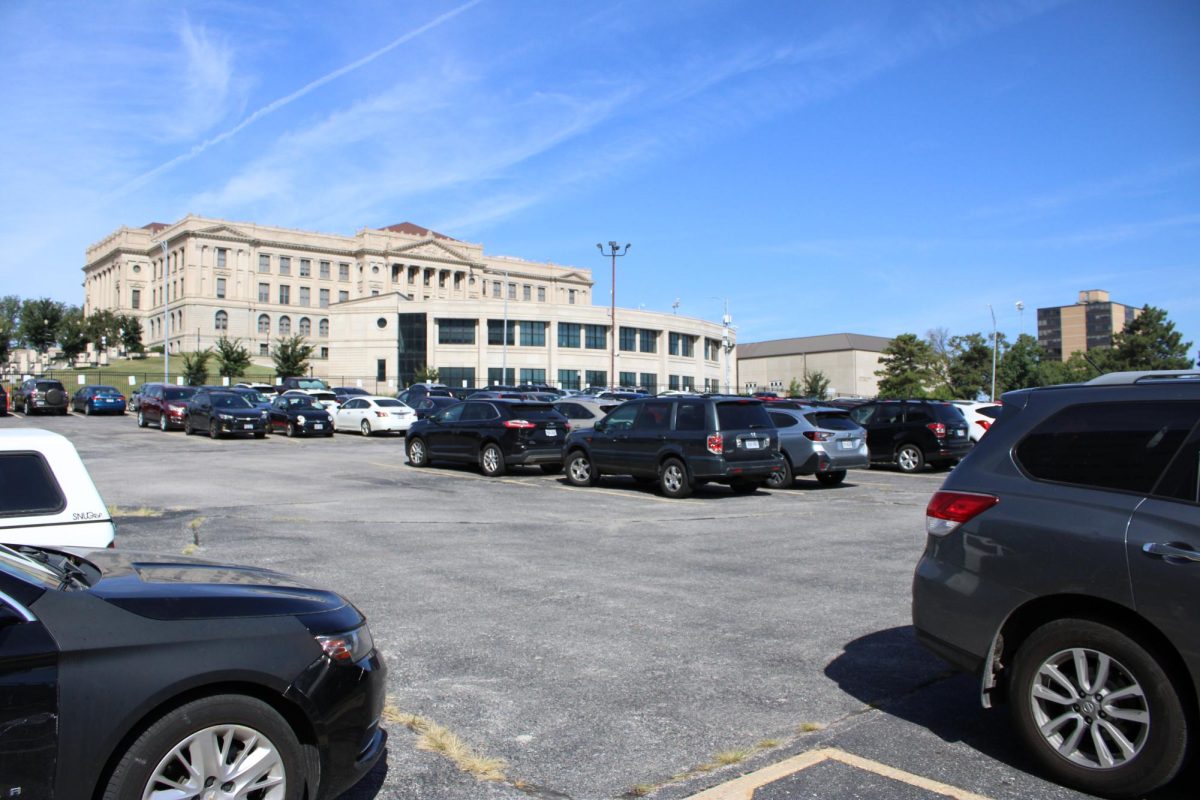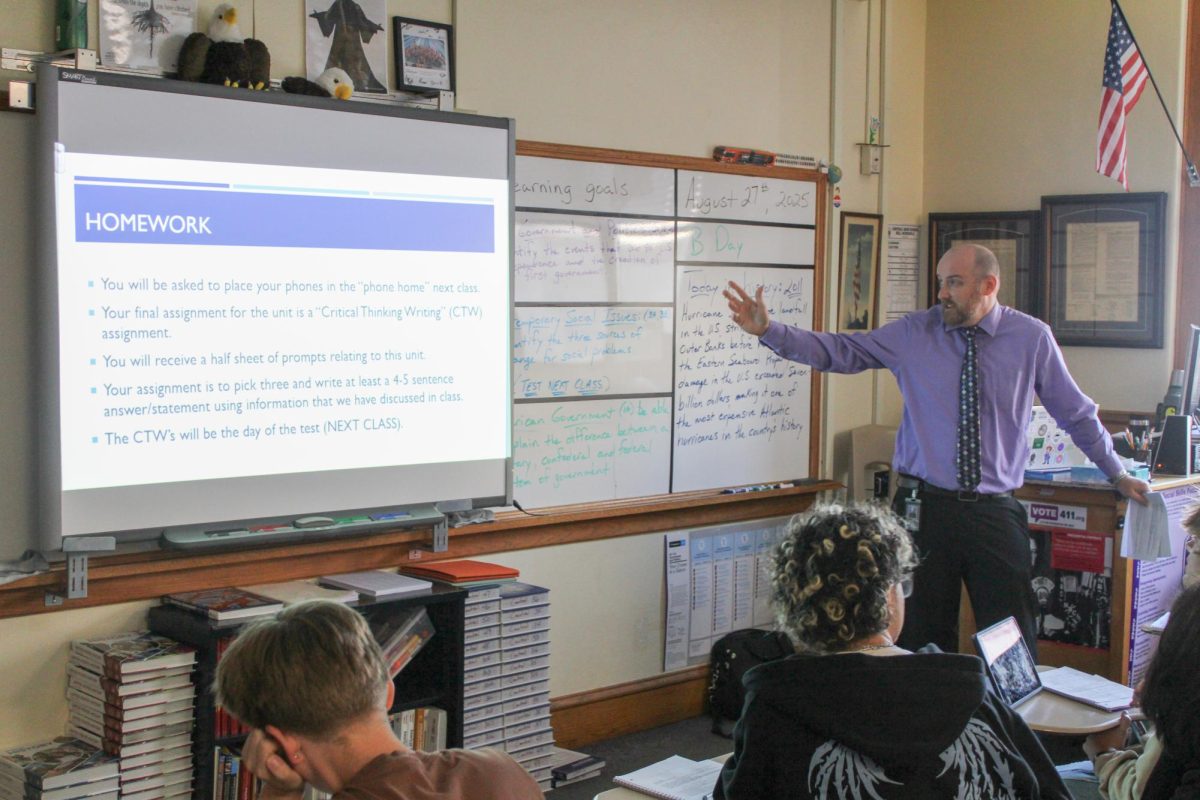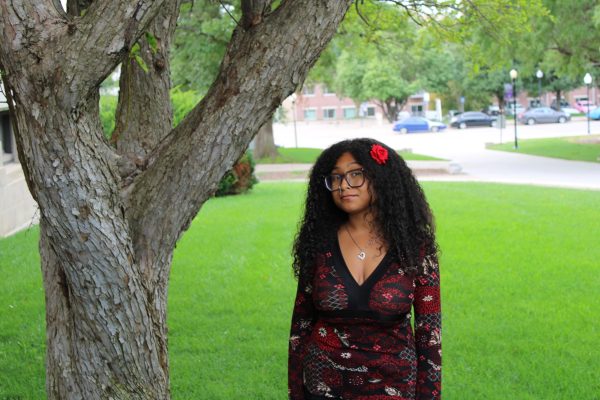Omaha Public Schools had its first late start day on Sept. 24. For students, school began two hours late. Teachers were expected to use this time to review and add improvements to their lesson plans. They also attended meetings to discuss how they could improve their teaching. Oct. 29, Jan. 28 and April 1 are the other dates the district will have late starts this school year.
I think late starts are useless.
Yes, students are able to get more sleep, which is a positive. Students who have trouble falling asleep can use this to their advantage and get more sleep. But students who are dropped off by parents before the start of work are now left with the question of how they will get to school. School buses are known to come late or earlier than they’re supposed to be there, so how are students supposed to know the actual right time to get there? The same goes for students who have no transportation due to how late school starts.
It also does not make sense to stay in one classroom for nearly three hours.
This schedule change can be a major conflict for some people especially if schedule conflicts aren’t considered an excused absence.
Junior Salemal Bulle has mixed opinions on this schedule change. “I can already tell late start days are not gonna be something I like because of the second period. I dislike how I have to be in that class for roughly three hours,” Bulle said. Regardless, he will use this time to catch up on schoolwork to improve his grades.
This schedule change doesn’t just affect students, it also affects teachers. English teacher Jared Ganley is not looking forward to late start days due to him being a believer in consistency and routine. Ganley values the time he has to collaborate with teachers during meetings but would rather work in his own time.
“Having a consistent pattern gives many of my students who lack that in their lives outside of school something they can count on,” he said. “It could just be momentary disequilibrium as I adjust to something that’s new, but to sacrifice this for the sake of sending teachers to meetings does not seem like the wisest concession to make.”
Despite these challenges, he remains optimistic. “I’m hopeful it will help some of my students who struggle with getting to school on time or being awake for class,” Ganley said.















